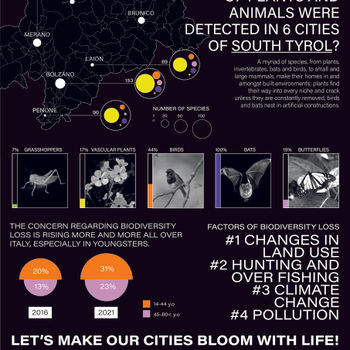Non ti arrabbiare. Exploring dialogue in mental health setting.
Margherita Poli
While mental health institutions have undergone extensive transformations, especially in Italy, they still function within insufficient psychiatric care models and approaches. In psychiatry and, more generally, in health care systems, the efficiency of interventions is not related to the ability to meet the needs of those for whom the interventions are designed for. Hierarchies of roles seem to be stagnant and crystallized. On the other hand, the person in conditions of mental illness remains still stigmatized and medicalized. Despite there is a trial by psychiatric institutions to define exactly what mental illness is through diagnostic categories, it is still very difficult to draw a line between normality and ‘’madness’’. Additionally, power imbalances between the professionals and the client or within the mental health service team contribute to further discrimination and misunderstandings in psychiatric care.
Non ti arrabbiare emerged as an eco-social design project created in response to the conflicts and problems of communication within the mental health sector. It highlights the importance of exchange, dialogic practices meaning giving space and time for dialogue-making, and the collective making up of solutions based on the sharing of subjective experience and personal perspectives. Hierarchies in mental healthcare, power dynamics and social roles are the topics that emerged multiple times during the interviews that we conducted. Peer-to-peer communication and an open dialogue are still missing in psychiatric settings. Non ti arrabbiare is a tool designed to transform hierarchical communication into a peer-to-peer exchange, critical dialogue, and a problem-solving opportunity. It functions as a tool to exercise and train for dialogue-making as an emancipatory practice. Non ti arrabbiare explores the complexity of mental health-related narratives by bringing into dialogue psychiatrists, psychologists, social workers, coordinators, experts by experience, informal caregivers. By exploring narratives related to mental health, we intend to create a space for listening to and expressing each individual's personal perspective and story.




